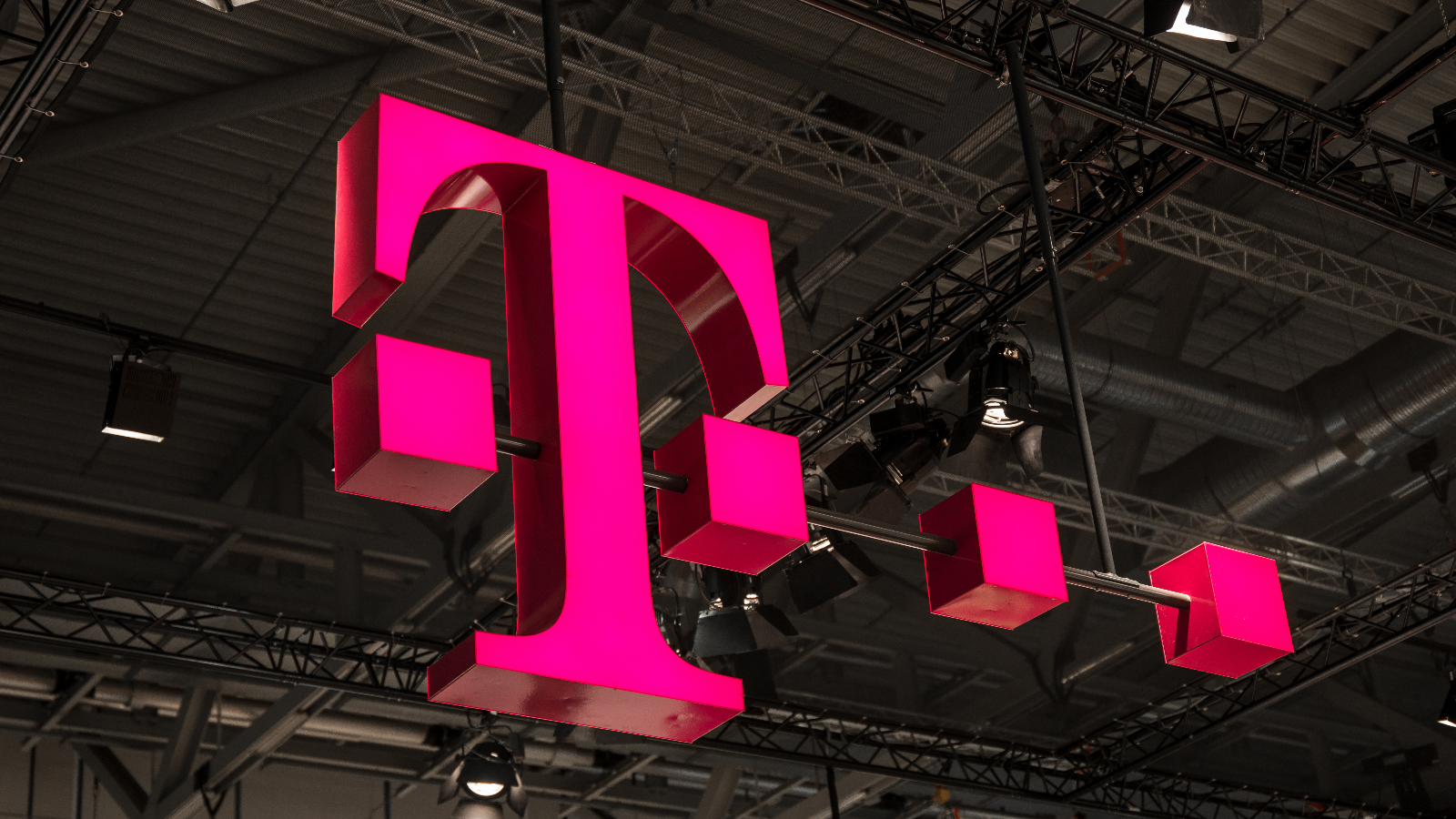For $5 A Month, Crypto Now Has Your Cell Plan Covered
Wireless company Helium inks a major deal with T-Mobile after months of ill fortune

Source: Shutterstock
- The partnership allows Helium subscribers to use a combination of Helium and T-Mobile’s 5G networks while earning crypto rewards
- Helium needs to increase its number of 5G hotspots from 5,000 to 50,000 to meet T-Mobile’s goals
Decentralized wireless provider Helium has struck a deal to mesh its burgeoning 5G network with T-Mobile’s cellular coverage.
The partnership is set to spawn what the companies have dubbed Helium Mobile, a subscription service starting at just $5 per month that runs Helium’s decentralized network alongside T-Mobile’s more established 5G grid.
The idea is to reward customers with Solana-native MOBILE tokens in exchange for sharing their data about Helium’s coverage quality. The initiative is set to launch in the first quarter of 2023.
Helium re-branded as a crypto company in 2019 to much fanfare, raising a $111 million venture round led by Andreessen Horowitz.
The cryptocurrency startup works by relying on users deploying crypto mining devices as nodes — which serve as wireless hotspots — in exchange for rewards denominated in Helium’s native HNT token. The company is hoping to carve itself a place in the top-heavy telecommunications industry by partnering with established companies such as T-Mobile.
Decentralizing internet coverage has proved difficult for Helium. After seeing its price surge upward in 2021 following a partnership with DISH Network, Helium’s HNT token has steadily declined all year, hovering around $4 after falling from its November high of $52.71.
As HNT cratered, it became difficult to profitably mine the token, raising eyebrows when it came to Helium’s bottom line. Helium also faced backlash after Mashable’s July report that the wireless provider listed Lime and Salesforce as partners on its website despite having tenuous ties, at best, with both tech companies.
The network’s sudden vote to migrate away from its own layer-1 to the Solana blockchain did little to ease investor worries.
The remedy, in Helium’s eyes? Monetizing cellular data, which telecom giants have in spades, but have yet to try to derive revenue from via blockchain technology.
Helium initially used its hotspots for small packets of Internet of Things (IoT) coverage — but has been working on a 5G network since 2021, focusing on “small cell” hotspots that fill gaps in widespread coverage like T-Mobile’s.
“99% of data comes from streaming protocols like cellular, 5G LTE and Wi-Fi. And very, very, very little actually comes from the IoT,” Boris Renski, general manager of Helium Mobile, told Blockworks.
Added Renski: “[Helium’s token] value is tied to the volume of data on the network, so by embracing Helium 5G which is a protocol that has an orders of magnitude higher volume of data on the network [than IoT], we expect that this will positively benefit the entire Helium ecosystem.”
Amir Haleem’s teaser for the T-Mobile partnership sent HNT upwards by more than 10%. And there’s an upshot for cell service providers, too: Helium says its network is not designed to compete with their entrenched coverage areas and pricing models.
“We’re not saying, ‘Hey, we’re launching Helium Mobile. Goodbye, Verizon. Goodbye, AT&T,’” Renski said. “This hybrid network where you have a macro network and a people’s network working together can bring superior economics and a good experience to the end users.”
The major challenge with starting a telecom company — and a crypto-focused one, at that — is building a broad network while revenue is still lean. Helium’s network currently has fewer than 5,000 5G hotspots. T-Mobile has said it needs closer to 50,000 small cell transmitters to round out its 5G infrastructure.
A spokesperson for T-Mobile declined to comment.
Get the news in your inbox. Explore Blockworks newsletters:
- The Breakdown: Decoding crypto and the markets. Daily.
- 0xResearch: Alpha in your inbox. Think like an analyst.






